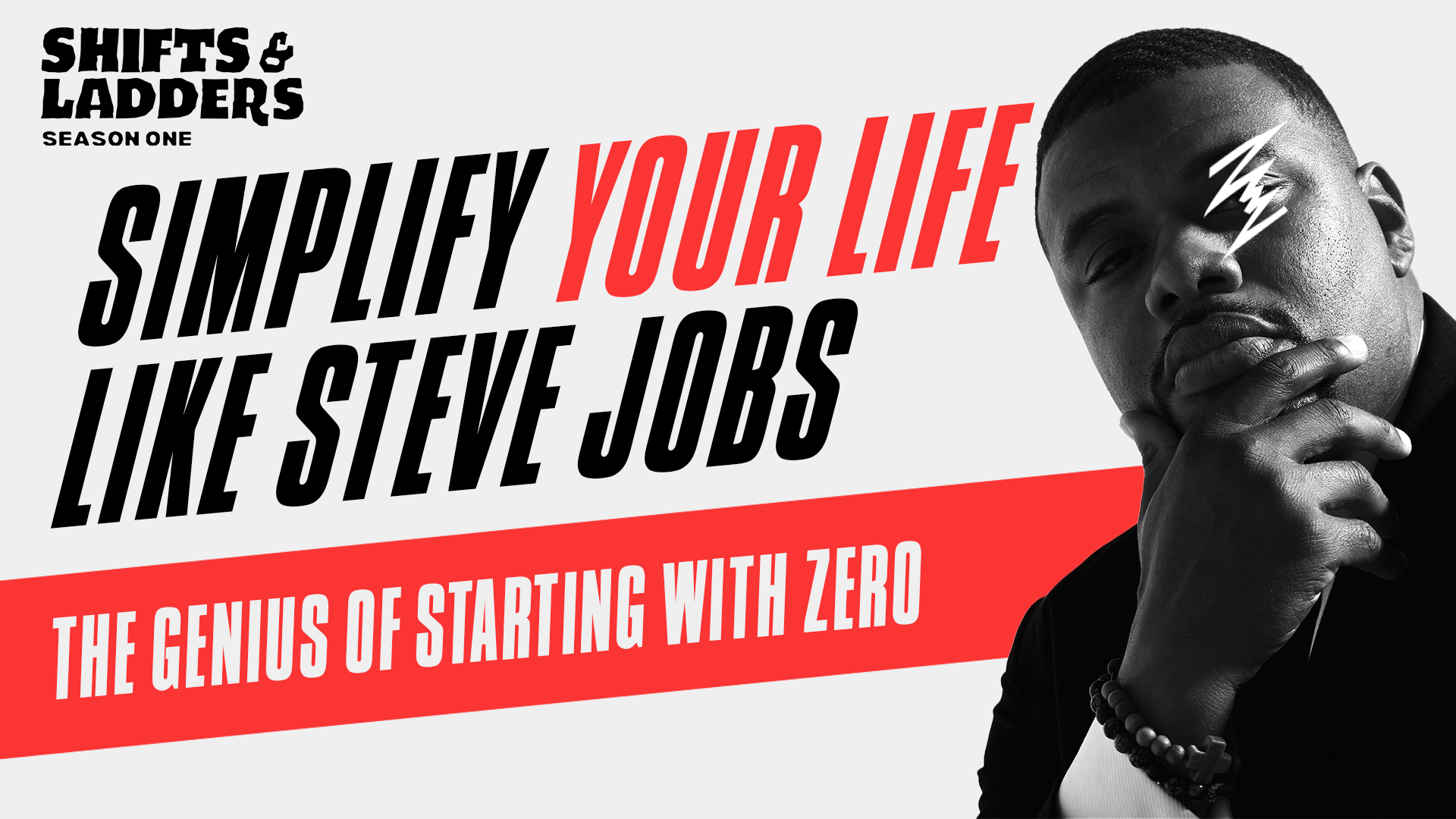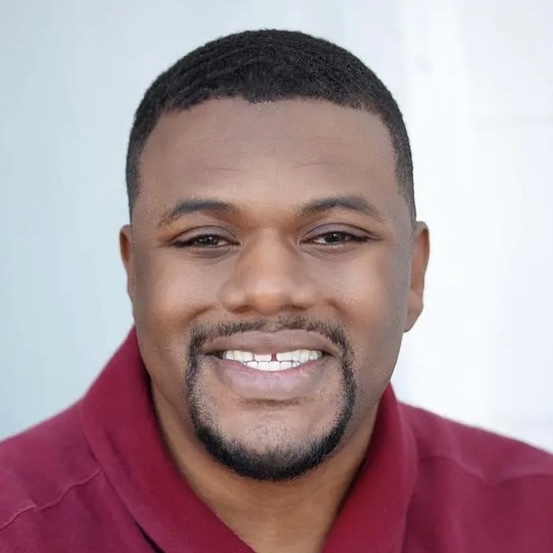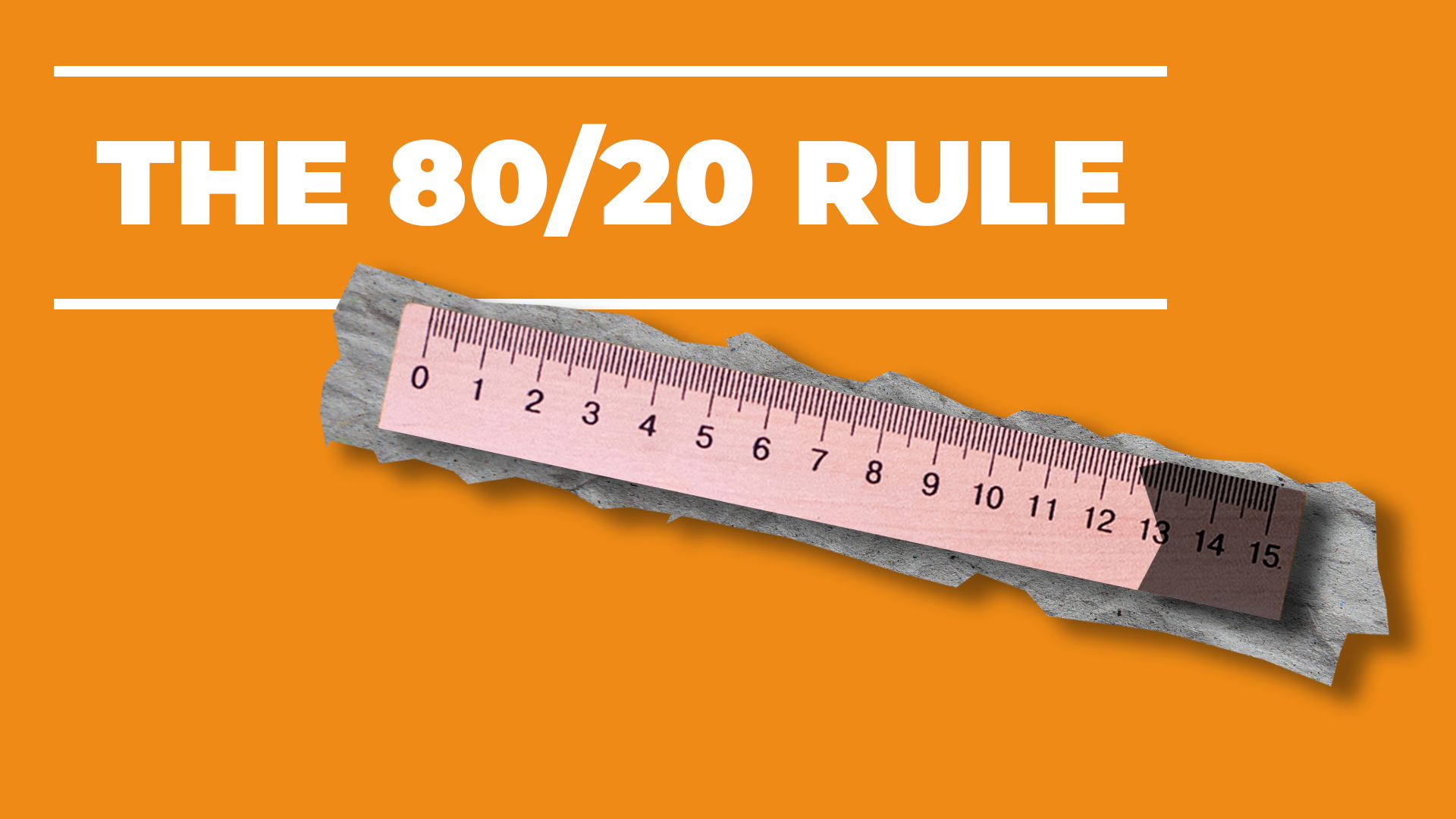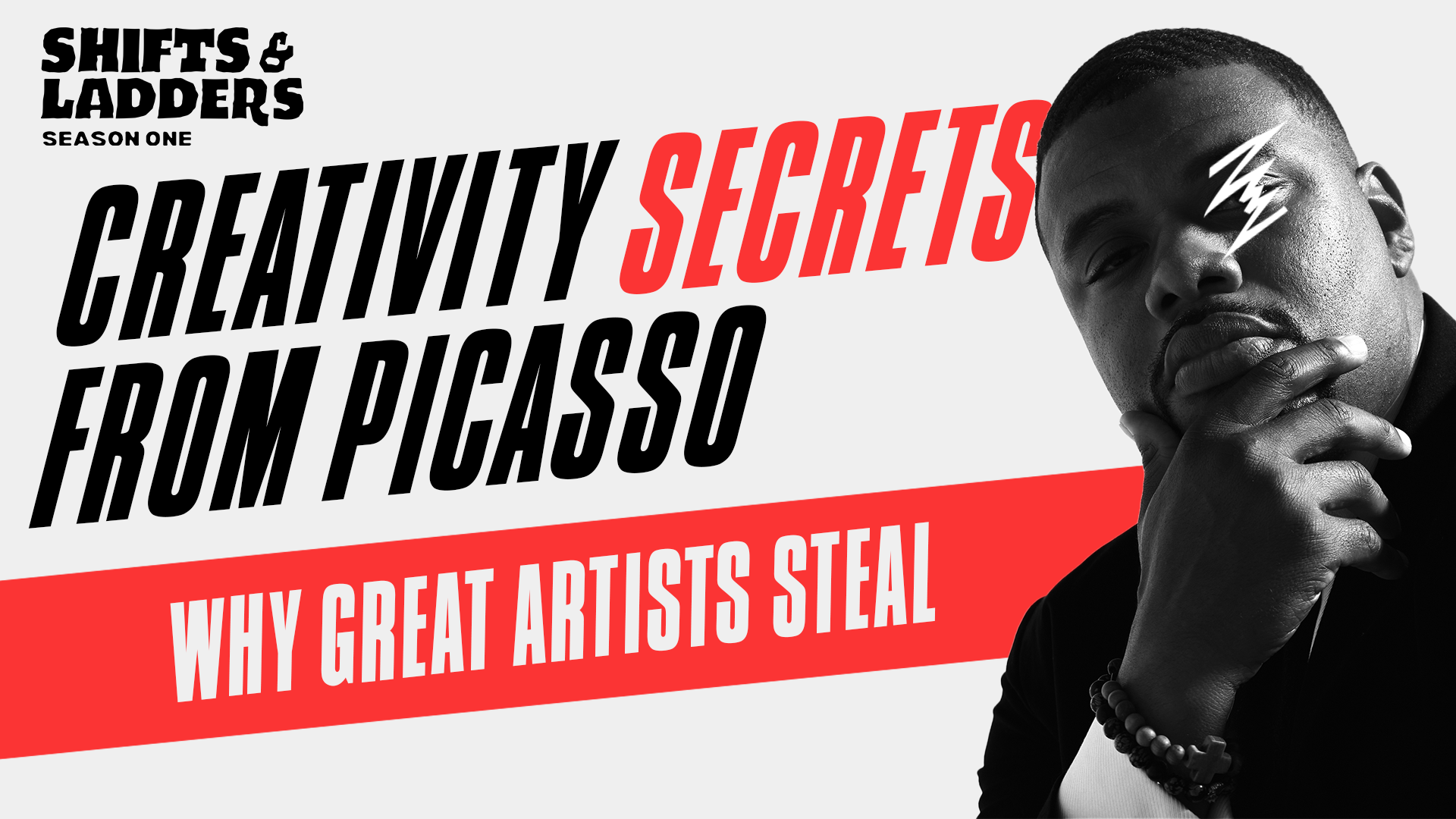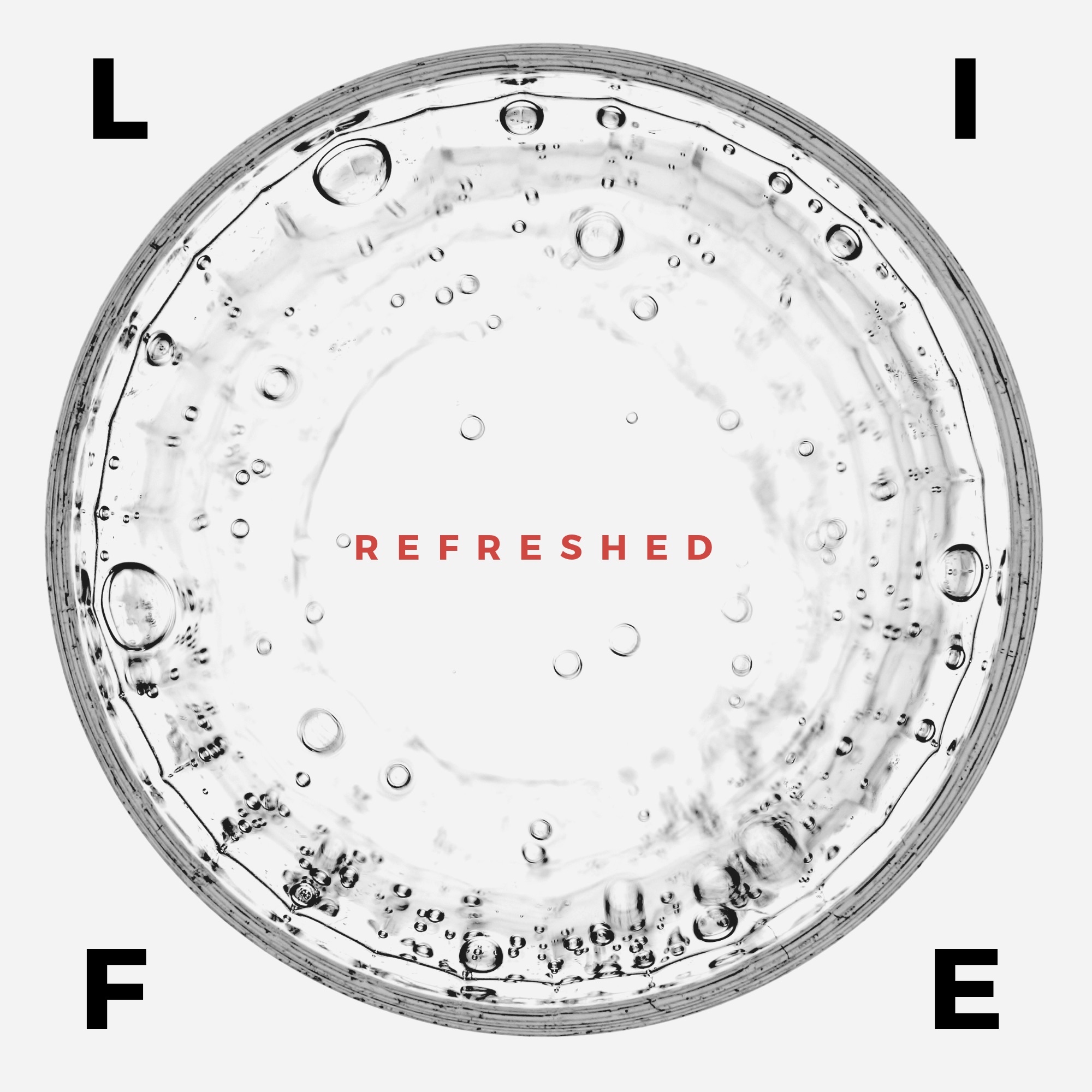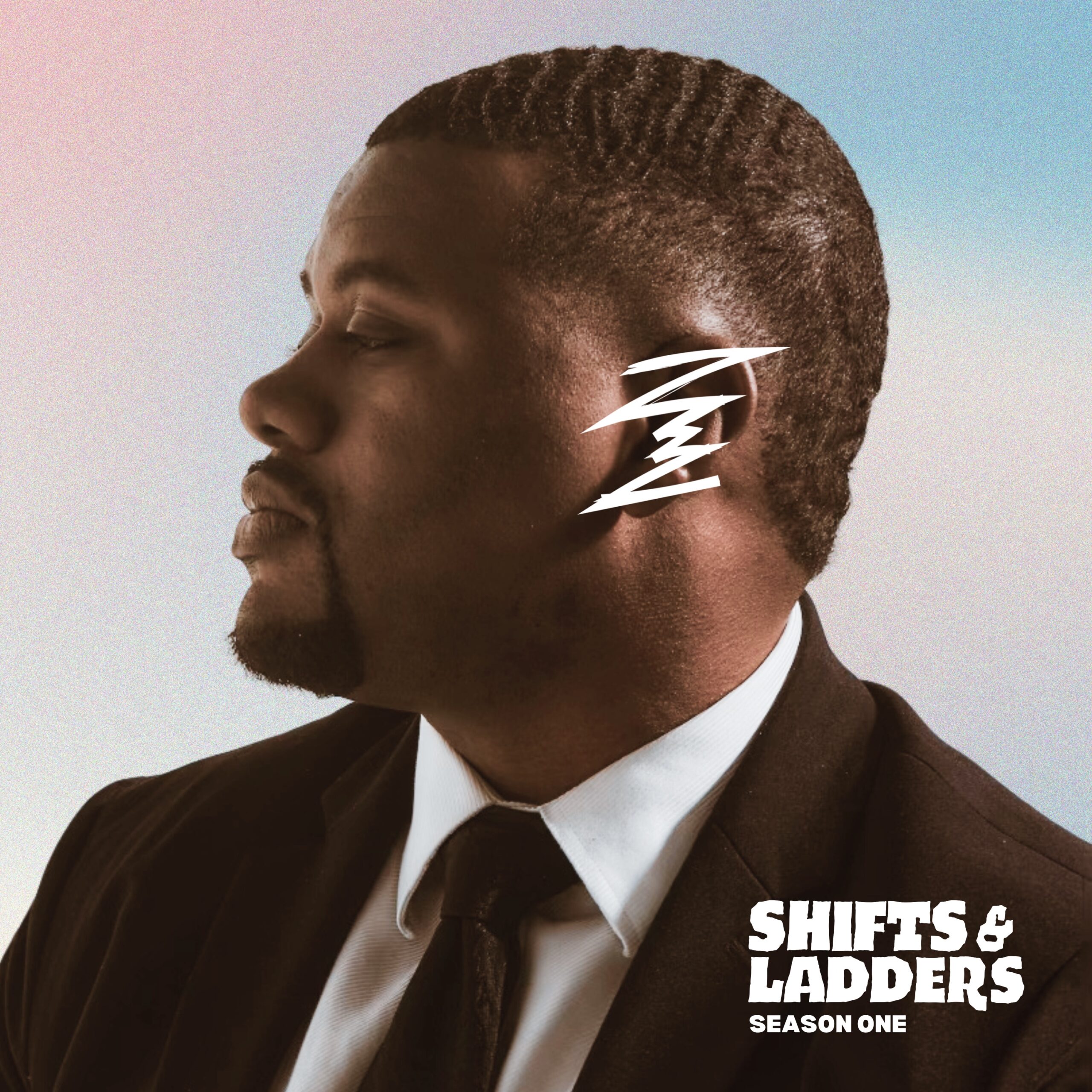Episode Transcript
[00:00:00] Do you really want to simplify your life?
[00:00:03] If you do, you want to start with this number zero.
[00:00:08] Yes, ladies and gentlemen, that's how you start to simplify your life. And I'm going to talk about a little bit more after this.
[00:00:35] Hey, everyone. Welcome to shifts and ladders with Ryan Robinson. Glad and excited that you are here to spend some time with me. I'm gonna jump right into the topic of today. If you want to simplify your life, the thing you need to start off with is zero.
[00:00:52] Start off with nothing.
[00:00:55] It is such a hard thing to do to be to have a blank canvas and say, I'm gonna start there, instead of taking what you currently have and start deducing it now. I brought up the 80 20 rule some time ago, which again, I think is super important. It was something that got me started. But what you have to end up doing is realize that once you've taken everything away, you have to decide what you're going to put back in.
[00:01:29] If you've taken the things that you've had bad habits on, if you've taken junk food away, if you're taking drinking off the table, you've done all the things, put it off to the side. And now you're at a point where you need to decide what you're going to put back in. And I'm going to tell you that's actually just as hard as taking everything out, because now you're limiting the options, but you're choosing and deciding what you are going to do and what you're not going to do. The word decide, in its original language in Latin, means to cut, which means you are saying yes to something, you're saying no to the other thing. You're not making choice. Like today I'm gonna wear a blue shirt, tomorrow I'm gonna wear a red shirt. You have a choice, but when you make a decision, there's no other option. It's just what you're going to go for. And in order to start with zero, you have to do that. I wanted to pull from scripture here. I want to pull from an example of this, because simplification is actually something of mastery.
[00:02:43] It's actually one of the hardest things to do, is to take something complex and make it simple. But in order to do that effectively, there has to be a level of understanding of what you're simplifying. We like as people making things complex because it boosts our ego.
[00:03:01] I'm in process improvement in my other life, and one of the things that was impressive to certain people is taking these complex process maps, a bunch of sticky notes and stuff on the table or on the board that displayed your aptitude and the team's ability to get to a particular point. But what really showed a team member's effectiveness and a black belt, in this case, a process improvement manager's expertise, is taking all of that information and simplifying into a presentation.
[00:03:37] That's when you really find out who's really good at taking that information and communicating the thing that is most important. And Jesus actually sets out an amazing template for us when it comes to simplification. Okay, I'm gonna read this, and so you can get an idea here. The scribes are asking Jesus what is the most.
[00:04:05] What commandment is the commandment? The greatest commandment in the law. So I'm gonna read this. This is Matthew, chapter 22, verse 34, to start. But when the Pharisees heard that he had silent, he had silenced the sadducees they gathered together.
[00:04:22] Then one of them, a lawyer, asked him a question, testing him, saying, teacher, which is the greatest commandment in the law?
[00:04:34] Jesus said to him, you shall love the Lord your God with all of your heart, with all of your soul and all your mind. This is the first and great commandment. The second is like it, you shall love your neighbor as yourself. On these two commandments, hang all the law and the prophets. Okay, now, it doesn't mean anything if I bring up two options. You don't know how many options Jesus came from. When it came to simplifying the law.
[00:05:04] There are three, sorry, 613 laws of Moses in the Old Testament. So in order to do that, you basically have deduced 613 down to two.
[00:05:19] To do that is completely incredible. But also, you have to be succinct. I think the people who spend the less time, I would say, excuse me, I think people that spend the least amount of time communicating are actually probably the most effective and direct when they communicate.
[00:05:41] Again, Steve Jobs had this circumstance I really thought was important. And this is what we want to get to when we're starting to start with zero Steve Jobs. Back in the day, they were developing an app called IDVD. Now, this is back in the day when you had this thing called a CD player or CD ROM that you would put your discs into burn.
[00:06:13] So you would either burn, burn the CD with music, with video, with photos, and that's how you communicated.
[00:06:25] You would have, if you had music, a CD player in your car, which was really fancy at the time. You had this big folder of books, and you'd page through your page through the, this album book of. It could be like, I forgot how big I've seen them. Maybe like 400, 400 disc slide, uh, carrying case of cds.
[00:06:54] And you would take that with you. And wherever you went, that was like your, that was your ipod was like these massive, massive pouches of cds, and they all came in different colors and all kind of stuff, but you would burn all the content that you wanted on those CD players, whether it's music, like I said, audio, pictures, video, all that kind of stuff.
[00:07:26] And there's a whole design team that Steve Jobs assembled together, and they're like, okay, we're going to make this IDVD thing probably one of the best DVD burning platforms or softwares there is.
[00:07:43] So they had slide decks, probably like 96 slides. I believe it was. It was somewhere in that range. It was a large number of slides to show functionality, design, ui, ux experience, all that kind of stuff. And Steve Jobs is looking at it. He's like, okay, this is what we're not gonna do. We're not gonna go through this whole thing. This is what we're gonna do.
[00:08:07] He goes to the whiteboard, and he draws out a white box.
[00:08:12] He makes a little window, and he puts a little burn button at the bottom. He says, you're going to take the video, and you drop it in here, and then you gonna take a bunch more video, drop it in here, and then you're gonna click the burn button right there. That's gonna be the app.
[00:08:33] The designers who have been spending hours, days, months on preparing this presentation just got blown out the water by a simple way of doing things. And literally, there was nothing on the board except what he drew. It was white most of the time. What ends up happening when it comes to creating and simplifying our lives, we actually take what we currently have and then just refine it.
[00:09:06] We make it iteratively better.
[00:09:10] Instead of making it quantitatively better, we take a couple steps instead of making leaps and bounds by just starting over.
[00:09:24] Now, if I wanted a different kind of life, me saying, you know, I want to do a couple new things next year, that doesn't do anything to change me.
[00:09:34] If I keep doing what I've been doing and continuing to grow and all that kind of stuff, I'm gonna get there, right? If I want to increase my salary by a small amount, I can do that. If I want to do something with my family and save up for a trip, I can do that as well. That doesn't take a whole lot of faith, but it takes a whole lot of faith to just start from zero and design what you see.
[00:10:05] And in fact, it's going to challenge you so much. And I challenge you to do this, is to say, you know what?
[00:10:12] What you have now is great. No one's saying if you're dissatisfied, if you're life, all that kind of stuff. I'm not saying that you have the ability to change it. That's the great news, though. But sometimes we have to just start with zero and open up our minds to possibilities and options. That if I decide to just reduce everything down to the things that I really want to do, perhaps that's all I need.
[00:10:39] The challenge that we have is that there we are, filled with distractions.
[00:10:43] Netflix, social media, music. Music's good. Let me take that back. I like music, reality tv, you name it. There's all kinds of distractions if you want it. I don't see anybody cutting off their entertainment if they're trying to cut costs. I don't usually hear that they, people are usually finding ways to keep their tv, their Netflix, and some other stuff that they like doing. They'll find ways to pay that bill, right? Because people want to escape from their current circumstance to go somewhere else and plug into the Matrix, if you will. So what I'm challenging you with today is this.
[00:11:25] Instead of taking time to iterate what it takes, after you've gone through this whole, about the 80 20, removing the access, leaving yourself with what you have that matters now, can you take those materials, that passion, that drive, that gift set that you have, and then take it and create something simple?
[00:11:51] I guarantee it took more work because the designers at Apple had no idea that you could do something like that, that you can take something as complex. And I'm telling you, as a former burn cd aficionado, the burning apps were terrible.
[00:12:16] Windows devices. I mean, they were God awful. Like, you couldn't even find the right button to burn the music. Like you're looking for the record button. The record buttons on the top part here is real slender. It depends on what kind of skin you have on it. It was all kind of a messed up. But when you go in and just say, hit the. Hit the button to burn, it was a.
[00:12:41] It was like a black and yellow button for, like, toxic, like, you know, I guess you could say it's like a toxic button burn kind of thing, cautionary signal, and you just drop your. Your things in and then boom, hit burn.
[00:13:01] As simple as that is.
[00:13:04] And it was.
[00:13:07] It was so hard to get people's mind wrapped around it.
[00:13:11] But when you start off with zero, with the things that you do need, you can actually design better because you're not having to separate and design at the same time.
[00:13:26] So I'm asking you, I'm telling you, I am encouraging you, take some time after you do some 80 20 of your life, get yourself a blank piece of paper and what you have left, put it on there, and whatever vision you have for your life, start designing it from scratch.
[00:13:52] You might have to become a different person.
[00:13:55] You might have to open up your, your mind to new possibilities. You might have to lose some friends. You might have to lose some family too.
[00:14:05] There might be. There's going to be some cost involved. You're going to look crazy for a while.
[00:14:12] I mean, I best believe Apple only having one button to burn cds. It sounded crazy back then, but now they're the world's most valuable company because they were willing to do, or better yet, not do the things that everyone else was doing and they were okay being late to the party and doing it the right way. Instead of being first and figuring out how to iterate and fix and iterate and fix, they'd rather just get it right the first time and be done again. It's technology. It's always going to be iterative.
[00:14:53] But how well do you want to start out? I would rather starting out with it working than finding out that what I've put out is unreliable.
[00:15:05] And in fact, I don't want to put out a dream that I don't believe in because I just trimmed a few edges instead of taking the risk to start with zero and really, really challenge myself to see what I have in my heart and what God's placed in me to design a life that I would love.
[00:15:33] Ladies and gentlemen, if you can't give this pod a like through your social media, give a like on YouTube. Give us a five star ranking on Apple Music, Spotify, wherever you are downloading this content and share with somebody. It really, really helps us as we're continuing to reach out and share the story of what it means to make shifts and elevate to the ladders.
[00:16:03] Let me say that again, if you could do me a favor.
[00:16:11] Give us a like on YouTube. Give us a five star rating on wherever you're downloading a podcast. Spotify, Apple Podcasts. This is going to help us as we are sharing information that helps individuals make shifts and find the ladders to elevation. I think it's so important, particularly in this day and age, that we find the resources and tools that can take us from glory to glory.
[00:16:40] With that being said, that's it for today. And we'll see you. And we'll see you. And we'll see you on the next podcast. Peace.
[00:16:51] Bye.
